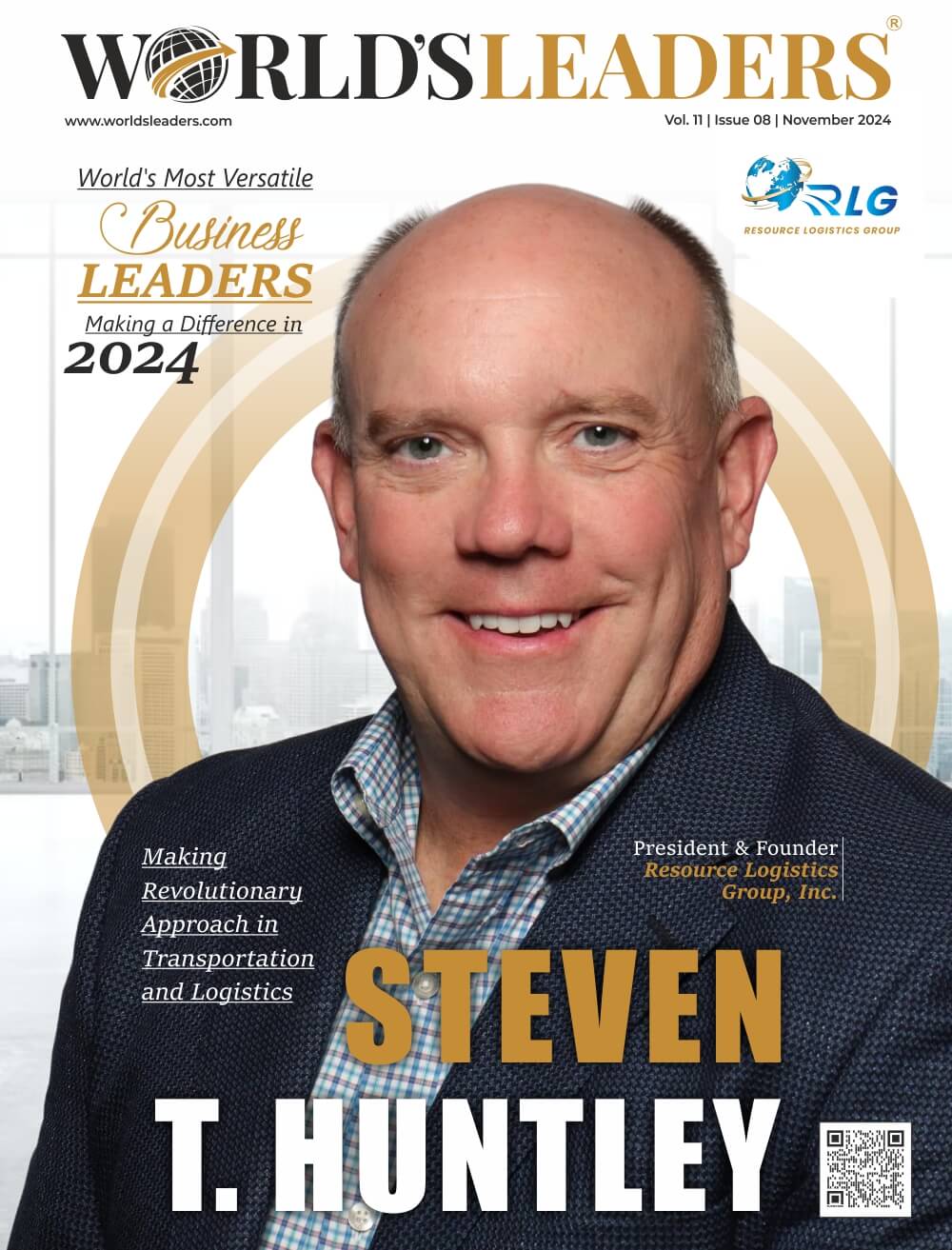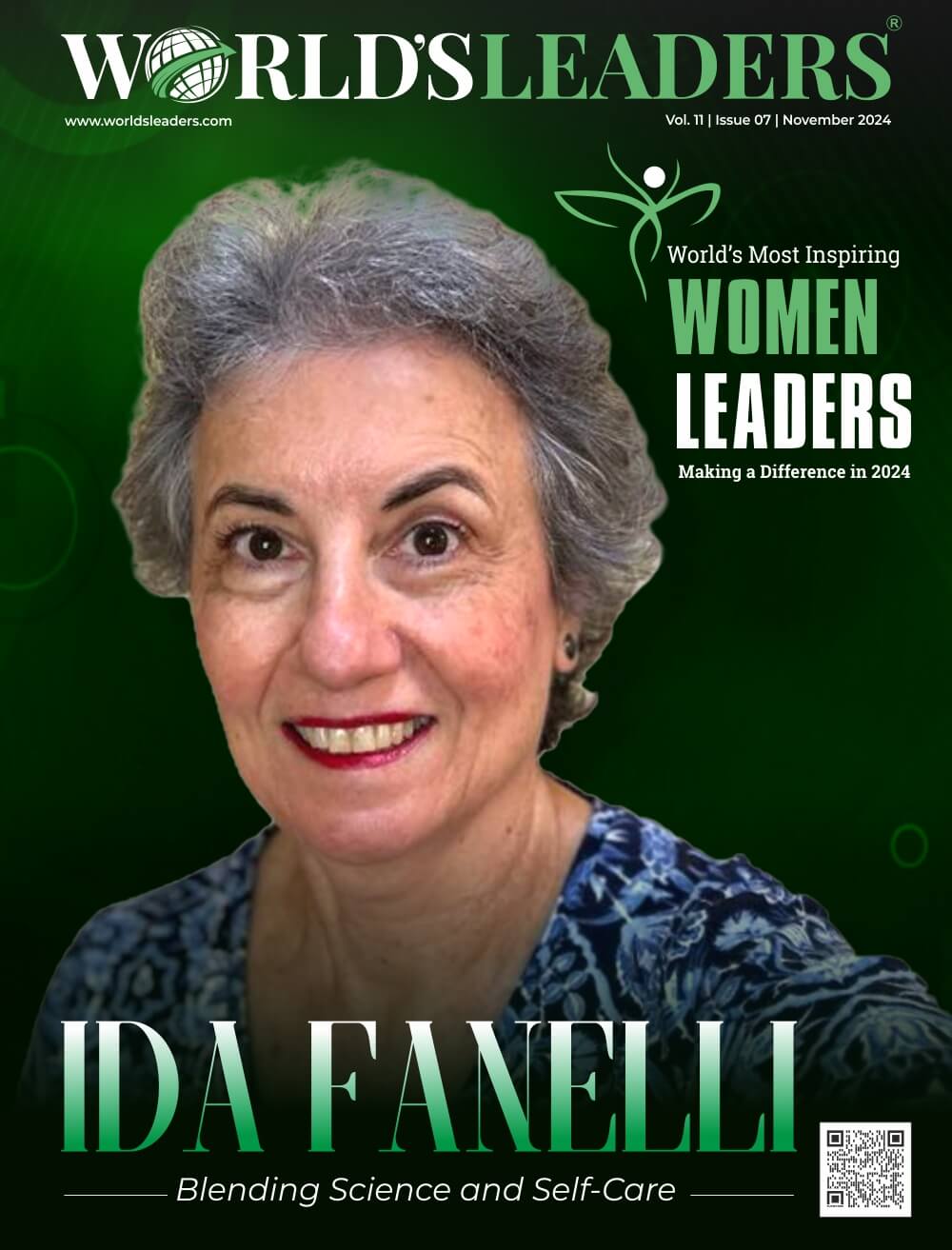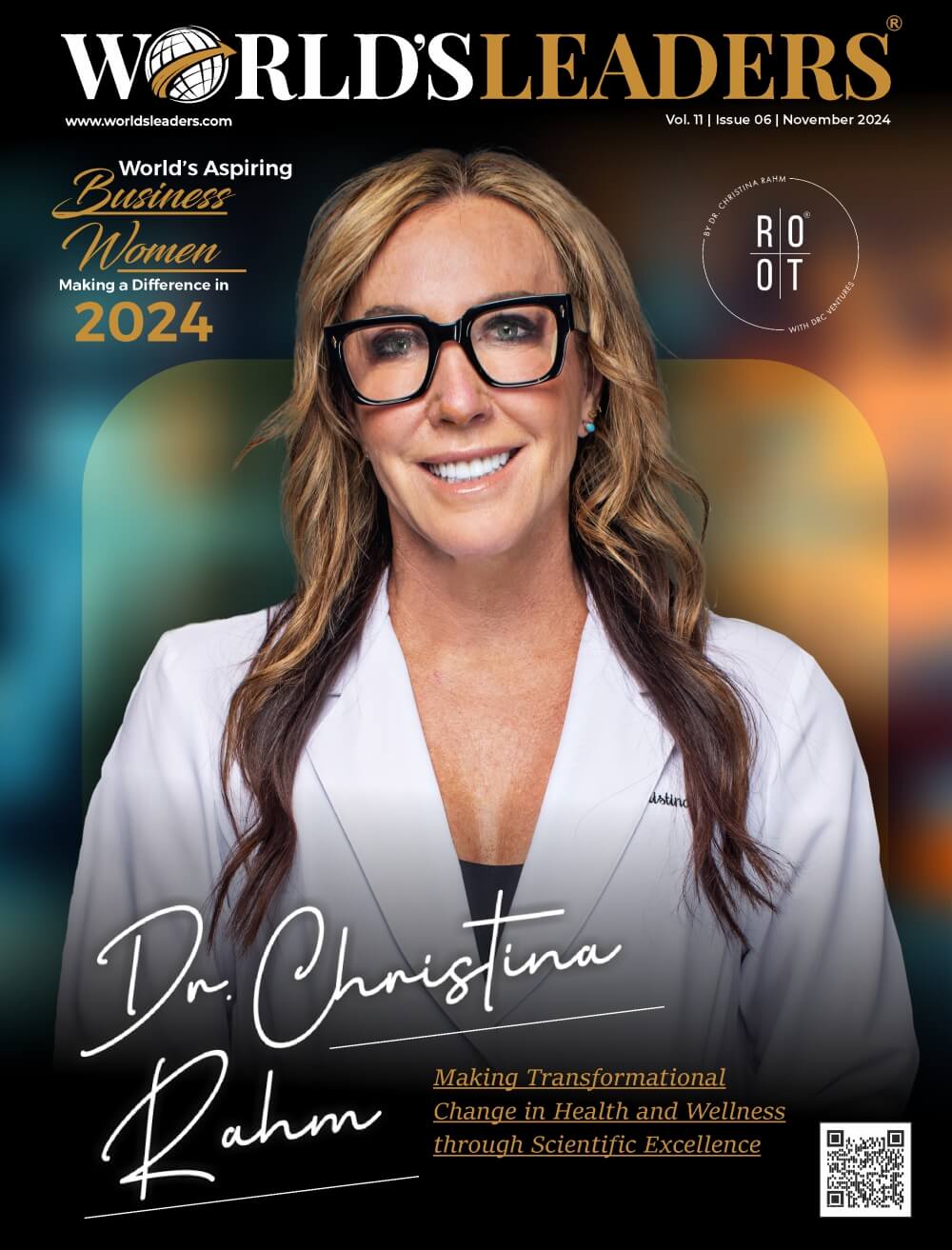Rania Toukebri is a Project Manager at Airbus Defence and Space. She is a Space Engineer and works on designing, verifying, and integrating spacecraft. Rania has been involved in various projects with the European Space Agency, focusing on earth observation, planetary defense, and space exploration. Some of the projects she has worked on include HERA, Biomass, Plato, and JUICE.
Here are some key points from the interview between World’s Leaders and Rania Toukebri:
Describe who you are as a person inside and outside of the workplace.
Let me start by talking about my work inside the workplace. As a project manager at Airbus Defense and Space, I am now working on a significant project GALILEO second-generation satellite. In addition, I work as a researcher associated with the University of Lubeck, where my work focuses on the creation of new generation of onboard computers for the lunar missions.
In addition to my positions at Airbus and the University, I am the Space Generation Advisory Council’s regional coordinator for Africa in support of the United Nations Office of Outer Space Affairs. Our approach comprises encouraging the development of the African space market while teaching and creating awareness. Furthermore, I am a mentor for the Space for women Program, an initiative led by the United Nations Office of Outer Space Affairs. The initiative seeks to increase the representation of women in management, legal, and engineering fields within the space industry. Since 2021, my main area of interest has been assisting women in the engineering industry.
Describe your background and what did you do before you joined the company.
I’ve held prior jobs in the space business in the private sector before my present one. My first diploma was based in Tunisia, where I was born and raised. I first concentrated on instrumentation and electronic engineering there, particularly industrial maintenance and electronics. Then, I made the decision to continue my studies in Europe to foster my knowledge in the space field.
I received a master’s degree in embedded systems and communication while studying abroad in Europe. My doctoral studies are now being completed at the University of Quebec in Germany. I continue a postdoc afterwards.
It seems that my academic and professional journey is continuously evolving, and I am dedicated to furthering my expertise in the space industry.
What has made you successful? What do you value?
I would define my accomplishments as major milestones rather than “successful.” For instance, I’ve had the chance to help finish a number of projects, including the PLATO Telescope HERA satellite and the Jupiter Icy Moons satellites. I’ve worked on units of a total of seven satellites throughout the years, handling different jobs including design and verification management of certain units or systems inside the satellites. I now have a thorough grasp of the whole satellite development process.
One of the factors that contributed to my ability to achieve milestones quickly is my commitment to acquiring knowledge and expertise in the space industry and spacecraft technology. I believe that having a broad knowledge base is crucial, not only in technical aspects but also in areas such as management and strategic space law. I earned a degree in strategic space law from McGill university to further my expertise in these topics. My exposure to meetings and conferences in the space industry has given me a variety of viewpoints and insights in different areas.
I have created a distinct vision and methodology by merging many viewpoints and approaches from the space industry. This multifaceted understanding has helped me to approach issues from a unique and novel viewpoint.
Which are the major services of the company and how do they the company to get ahead? In the competition. And what value-added services does the company provide?
A well-known space business on a worldwide scale, Airbus DS offers the entire globe a variety of services and goods. We have many areas of expertise in terms of satellite services, including communications, space observation, space exploration, and research missions. Our partnerships principally include the German space agency DLR and the European Space Agency (ESA). Airbus has established itself as a prominent player in large projects because to its considerable experience and knowledge, notably in the areas of communication and security. We have a solid track record of providing dependable and high- quality solutions.
It’s also important to mention my involvement in another organization, the Space Generation
Advisory Council (SGAC). The greatest network of young professionals and students in the space industry is part of the eminent worldwide organization known as SGAC. Currently, we have over 21,000 members, which is a sizable group of committed people. SGAC has been operating since
1999 and has expanded gradually as a result of its constant efforts, specific goals, and well-organized infrastructure. We work with regional points of contact, people chosen to help
the space industry in their own nations. This strategy has made it possible for us to give the space industry in many nations improved vision, awareness, education, and assistance.
The collaborative character of our work distinguishes SGAC from other organizations and helps to ensure its success. From the outset, we work to establish collaborations with reliable organizations, including governments. By establishing strong networks and cooperation, we can effectively support the growth of the space sector in each country. Each country has its own
unique approach, and our executive team and regional coordinators ensure that the work is well-supervised and aligned with the organization’s goals. This collaborative and inclusive approach has played a crucial role in SGAC achievements, particularly in Africa, where we have focused on building strong foundations and networks with various entities.
What are the most important aspects of a company’s culture and what principles? Do you believe in and how do you build this culture?
Any company, including ours, should build its culture on providing services that are beneficial to the neighborhood and have a positive social influence. The democratization, accessibility, and provision of services to people all around the world is our main goal in the space sector. For instance, at Airbus, we place a strong emphasis on maximizing big projects, increasing the number of satellites, and using more advanced techniques for satellite building. This enables us to provide more products and services, particularly in industries like telecommunication, and it
promotes organized and efficient communication. From a personal standpoint, my strategy is in line with knowing each project’s goal and intended audience. This knowledge motivates me to complete assignments with a strong emphasis on offering significant value. By comprehending the underlying motivations and objectives, I strive to ensure that the projects I undertake contribute positively and deliver maximum benefits.
What is the significance of innovative ideas in the company?
Innovation becomes a crucial topic while talking about engineering. Without innovation, we would just be reiterating ideas, structures, and methods that already exist. In the quickly changing technical environment of today, it is essential to stay up with developments and constantly upgrade the procedures. Technology must be improved and adjusted.
Give us your opinion on do organizations rely heavily on individual heroics or team processes?
Teamwork procedures are what we rely on the most. In order to complete tasks and goals more quickly, an organization or firm must have effective leadership. It’s crucial to remember that a company’s success is not exclusively dependent on one or a few people. It is dependent on the team’s collaborative efforts and cooperation. Team procedures that are flawed or poorly formed might lead to ultimate failure of the organization. A team’s collaborative efforts are necessary for an organization to succeed; contributions from one or two people are not sufficient. It depends on the cooperation and complementarity of the entire team throughout the entire process, from start to finish, not just on certain engineers or Managers.
What are your responsibilities in the company and what Is this the happiest part of your daily routine?
I’m in charge of a unit of a satellite, the second batch of Galileo constellation satellites. Managing the design, verification and validation of the unit. The design should be compliant with all the requirements. While keeping track of deadlines and the resources at hand. Due to my background
as a designer, in verification, and subsequently in verification management, I love this position. Now that I have a thorough understanding of the entire project, I can identify its advantages and shortcomings. I can identify the need for new architectures and designs for next-generation
spacecraft. Additionally, doing research for my PhD gives me a different viewpoint from which to develop innovative solutions and market-oriented improvements. At the end, we should be able to produce a genuinely meaningful product for the space industry and beyond because to my combined function as manager and innovator/researcher. That is what we hope to do since it offers so much value.
What advice would you give someone going into a leadership position for the first time?
The first piece of advice I would provide is to take your time and not rush or skip any tasks. To put it another way, it’s critical to first comprehend the market you’re working in, all the responsibilities required, and the team you’ll be leading. You may do this by assuming each of their roles individually, acquiring understanding and perspective before assuming a leadership position. To successfully communicate and deliver information, it is a gradual process that calls for the development of soft skills in addition to a strong technical foundation. To gather several
viewpoints and decide on different areas of a project, business, budget, time management, design choices, or resource allocation, active listening becomes essential. This level of experience and professional exposure in different roles are necessary before assuming a leadership position.





